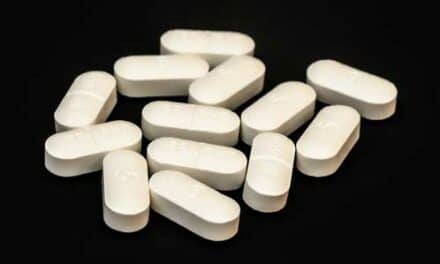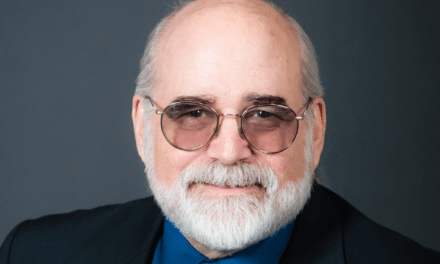As essential healthcare workers, ADA points to the role dentists and their teams could play in increasing the country’s medical surge capacity.
The American Dental Association (ADA) has asked the U.S. Centers for Disease Control and Prevention (CDC) to include dentists into its COVID-19 vaccine distribution framework.
In a letter to the CDC Advisory Committee on Immunization Practices, dated November 20, 2020, ADA President Daniel J. Klemmedson, DDS, MD, and Executive Director Kathleen T. O’Loughlin, DMD, point out that dentists and dental team members are not currently included in the agency’s outline to help states plan a vaccination response to the virus, despite the fact that “dentistry is an essential health care service.”
Acknowledging that there may be a “limited supply” of the COVID-19 vaccine once available, the letter notes the National Academies of Sciences, Engineering and Medicine recommendation that dentists and their teams be placed in Phase 1a of those given early access to the vaccine. They also note the role dental professionals play in evaluating and diagnosing life-threatening and chronic diseases, including oral cancers and diabetes.
“There is nothing routine about dental care,” write Klemmedson and O’Loughlin. “Beyond treating immediate pain, dentists evaluate, diagnose, prevent and treat diseases that can be life-changing or even life-threatening. For example, early detection of oral cancers and serious infections can lead to early treatment. Delaying treatment for months, weeks, or even days can make the difference between dying early, having a life-changing abnormality and living a normal, healthy life.”
Klemmedson and O’Loughlin further note the role dentists and their teams can play in supporting medical personnel that are currently overwhelmed in the distribution of the vaccine.
“Additionally, dentists and their teams can help increase the nation’s medical surge capacity when medical personnel are overwhelmed,” the letter says. “Dentists are trained health care professionals who can administer critical vaccines to prevent life or health-threatening conditions—and protect the life and health of patients and staff at the point of care.”









